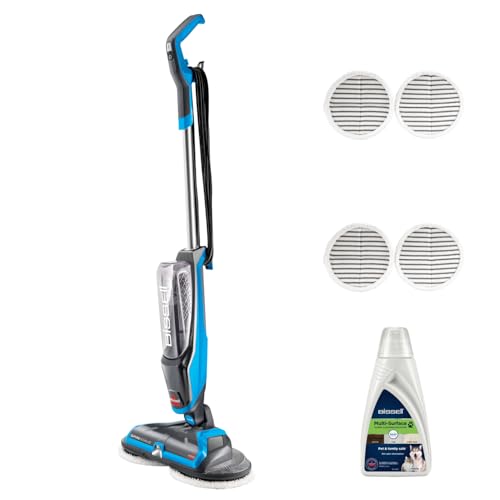


Vinegar has long been praised for its versatile uses, both in culinary applications and household cleaning. Among its many touted benefits, one claim stands out: vinegar’s ability to kill bacteria on clothes. This claim has sparked much debate, with proponents extolling the antibacterial properties of vinegar and skeptics questioning its effectiveness.
While vinegar is known to possess antimicrobial properties, its ability to eliminate bacteria on clothes is not as straightforward as it may seem. Vinegar’s antibacterial action is primarily due to its acidic nature, which creates an inhospitable environment for many microorganisms. However, it is important to note that vinegar is not a broad-spectrum disinfectant, and its efficacy against specific bacteria can vary.
Research has shown mixed results regarding the effectiveness of vinegar in killing bacteria on clothes. Some studies suggest that vinegar can inhibit the growth of certain bacteria, such as E. coli and Staphylococcus aureus, while others find it to be less effective against different strains. Factors such as concentration, contact time, and the type of fabric can also influence vinegar’s antibacterial properties.
It is worth noting that while vinegar may have some antibacterial properties, it is not a substitute for proper hygiene practices and laundry protocols. Washing clothes at a sufficient temperature, using detergent, and following recommended guidelines for handling and storing garments are essential for maintaining cleanliness and preventing the spread of bacteria.
Ultimately, the use of vinegar on clothes for its antibacterial properties should be approached with caution. While it may help inhibit the growth of certain bacteria, it is not a foolproof method for sanitizing clothes. Consulting with experts and considering alternative disinfection methods may be necessary for specific situations where eliminating bacteria is crucial.
Does Vinegar Kill Bacteria on Clothes?
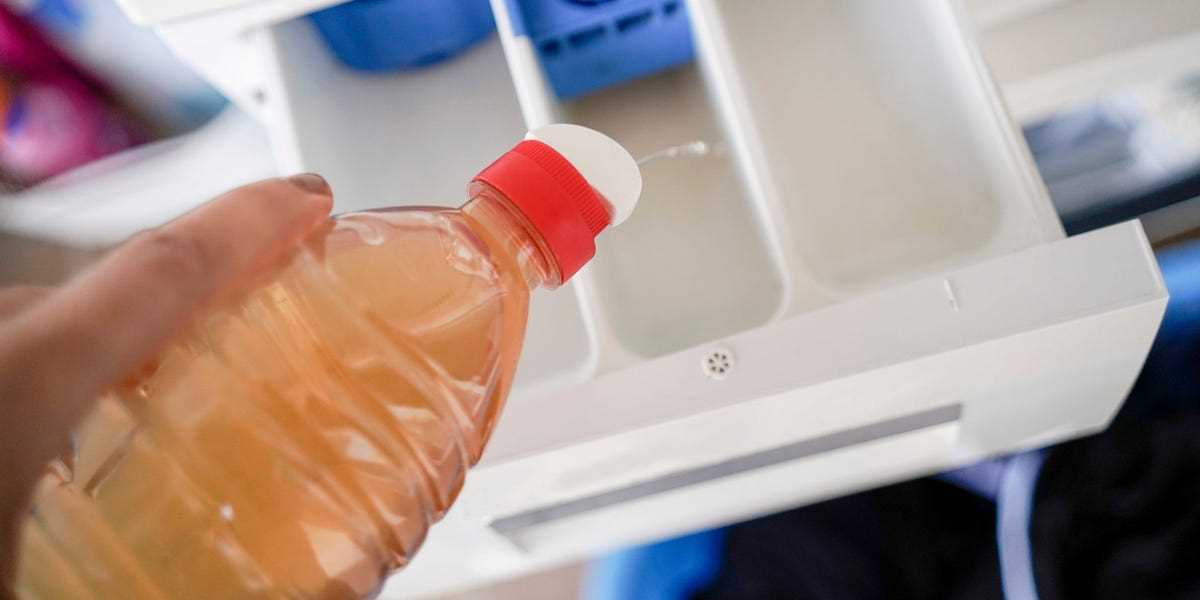
Vinegar has been widely used for various household cleaning purposes, but does it have the ability to kill bacteria on clothes? Let’s dive into the research and explore the antibacterial properties of vinegar when it comes to laundry.
The Science Behind Vinegar’s Antibacterial Properties
Vinegar, specifically white distilled vinegar, contains acetic acid, which acts as a disinfectant and antimicrobial agent. Acetic acid has the ability to break down cell membranes and denature proteins, thereby killing bacteria. This mechanism makes vinegar effective against a variety of bacteria, including E. coli and Staphylococcus aureus.
Vinegar as a Laundry Additive
Adding vinegar to your laundry routine has the potential to kill bacteria and eliminate odors. Here are some ways you can incorporate vinegar into your laundry routine:
- Prewashing Soak: Before laundering, soak heavily soiled clothes in a mixture of water and vinegar (1 cup vinegar per gallon of water) for 15-30 minutes. This can help loosen dirt and kill bacteria.
- Fabric Softener: Replace your regular fabric softener with vinegar. Add 1/4 to 1/2 cup of vinegar to the fabric softener dispenser or during the rinse cycle. This can help eliminate odors and prevent bacterial growth.
- Stain Removal: Apply vinegar directly to stained areas before washing. This can help break down stubborn stains and kill bacteria that may be present.
Considerations and Precautions
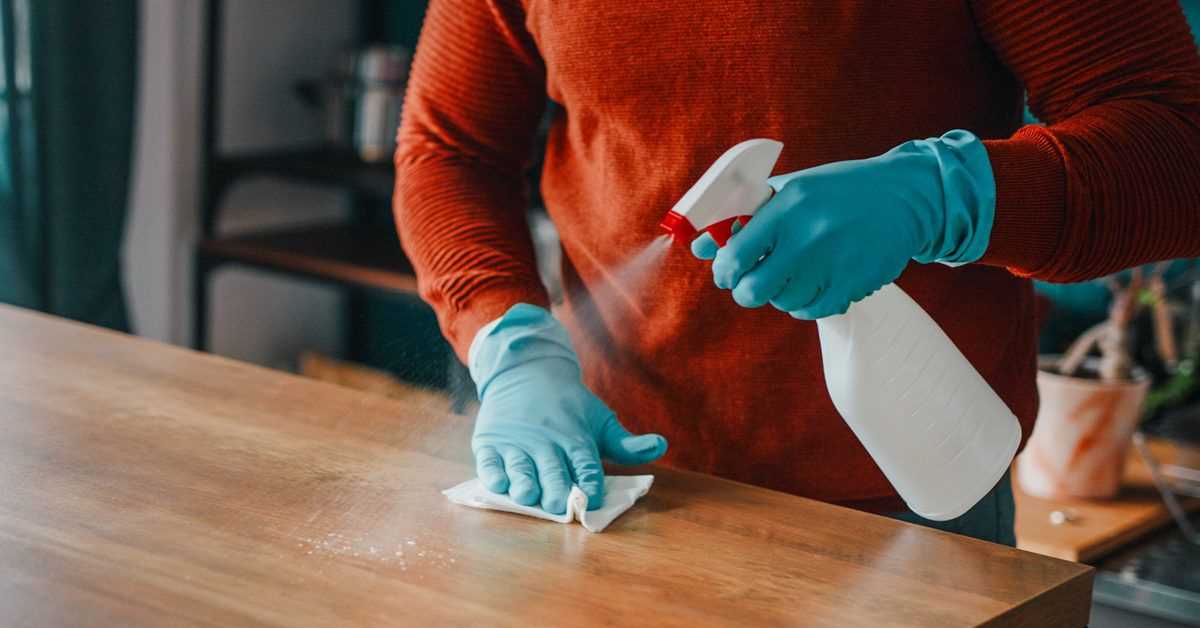
While vinegar can be effective against bacteria, it may not completely sanitize heavily soiled or contaminated clothes. In such cases, it is recommended to use a detergent with disinfecting properties or a commercial laundry sanitizer.
Additionally, it is important to note that vinegar may cause color fading or damage certain fabrics. It is always recommended to do a spot test on a small, inconspicuous area of the clothing before using vinegar on the entire garment.
| Pros | Cons |
|---|---|
|
|
In conclusion, vinegar can be a helpful additive in your laundry routine to kill bacteria and eliminate odors. However, it may not be sufficient for heavily soiled or contaminated clothes. It is important to consider the fabric and do a spot test before using vinegar on your garments.
Exploring The Antibacterial Properties
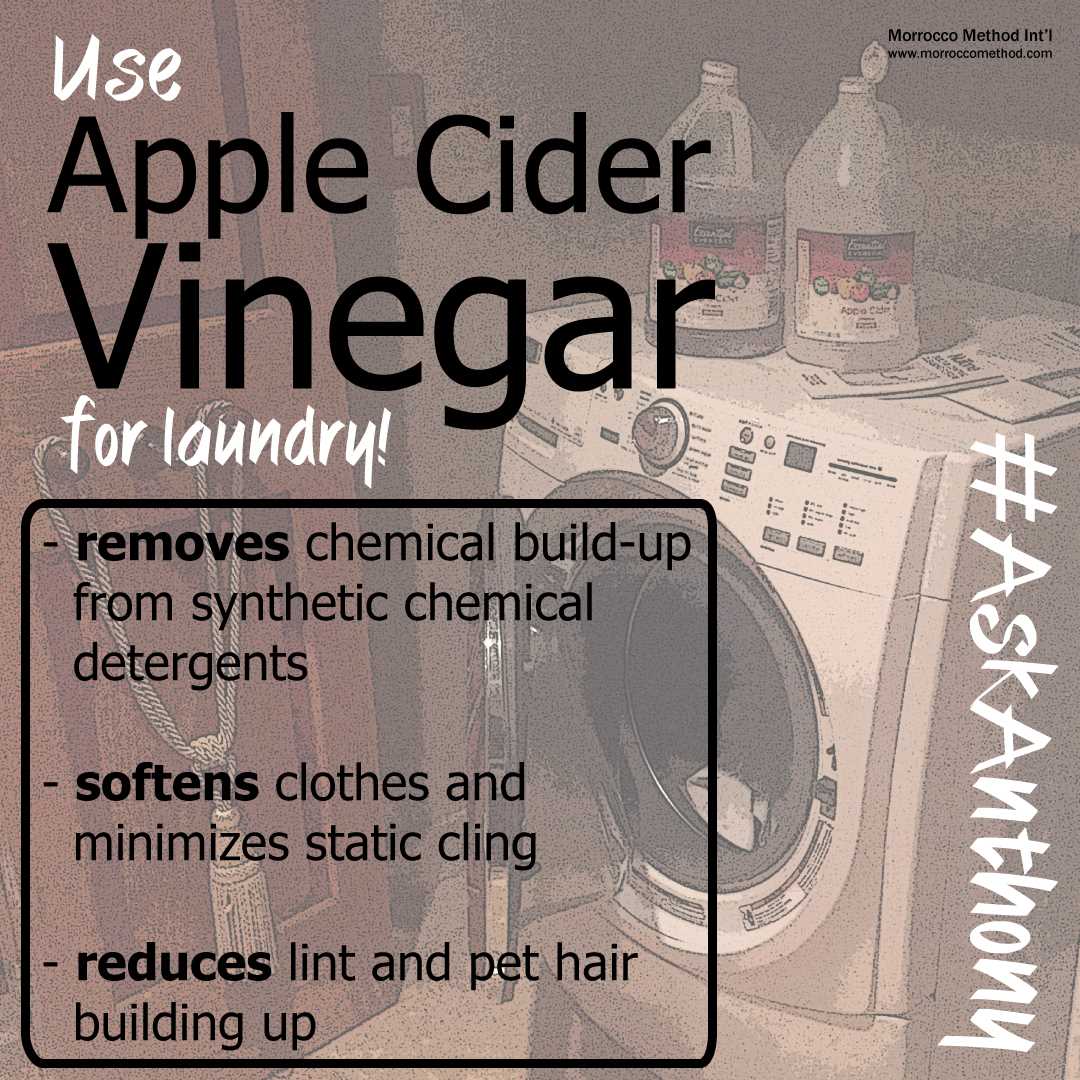
Vinegar has long been used for its antibacterial properties. The acetic acid in vinegar is known to have antimicrobial effects, making it a popular choice for cleaning and disinfecting various surfaces, including clothes.
When vinegar is applied to clothes, it can help kill bacteria that may be lingering on the fabric. This is especially beneficial for items that may be prone to bacterial growth, such as sweaty gym clothes or damp towels.
Research has shown that vinegar can be effective in killing a variety of bacteria, including E. coli and S. aureus. These bacteria are commonly found on clothing and can cause odors or even infections if not properly cleaned.
To use vinegar as an antibacterial agent for clothes, it is recommended to add it to the washing machine during the rinse cycle. This allows the vinegar to come into contact with the clothes and helps kill any bacteria present.
It’s important to note that while vinegar can effectively kill bacteria, it may not be as effective as using specialized laundry detergents or bleach. For heavily soiled or contaminated clothes, it is still recommended to use traditional cleaning methods to ensure thorough disinfection.
Benefits of Using Vinegar for Clothes
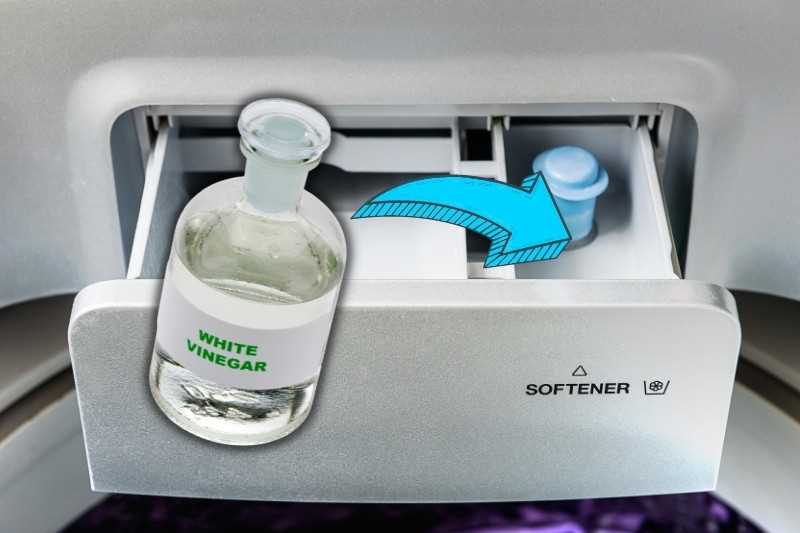
- Vinegar is a natural and eco-friendly alternative to chemical-based disinfectants.
- It can help eliminate unpleasant odors caused by bacteria.
- Vinegar is readily available and affordable.
- It can be used on a variety of fabrics without causing damage.
How to Use Vinegar for Clothes
- Add 1/2 to 1 cup of white vinegar to your washing machine’s rinse cycle.
- Allow the vinegar to mix with the water before adding your clothes.
- Run the washing machine as usual, ensuring a thorough rinse of the vinegar and water solution.
- Allow the clothes to air dry or use a dryer if desired.
By incorporating vinegar into your laundry routine, you can enjoy the antibacterial benefits it provides while keeping your clothes clean and fresh. However, it’s important to remember that vinegar may not be suitable for all types of fabrics or stains, so it’s always a good idea to check the care instructions of your clothes before using vinegar as a disinfectant.
Understanding the Effects of Vinegar on Bacteria
Vinegar has been used for centuries for various purposes, including cleaning and preserving food. One of its widely known properties is its antibacterial effect. Many people wonder if vinegar can effectively kill bacteria on clothes when used as a laundry aid. In this section, we will explore the effects of vinegar on bacteria and how it can be used in laundry.
The Antibacterial Properties of Vinegar
Vinegar contains acetic acid, which is responsible for its strong antimicrobial properties. Acetic acid disrupts the bacterial cell membrane, leading to cell death. This makes vinegar an effective natural alternative to chemical disinfectants.
Research studies have shown that vinegar can inhibit the growth of various types of bacteria, including E. coli and Staphylococcus aureus. However, it is important to note that vinegar may not be equally effective against all types of bacteria. Some bacteria may have natural resistance or adaptations that make them less susceptible to vinegar’s antimicrobial effects.
Using Vinegar as a Laundry Aid
Vinegar can be used as a laundry aid to help remove stains, odors, and bacteria from clothes. When added to the laundry cycle, vinegar can help disinfect clothes and prevent the growth of odor-causing bacteria.
To use vinegar as a laundry aid, add about half a cup to a cup of white vinegar to your washing machine’s rinse cycle. This will help eliminate any remaining bacteria on the clothes after the washing process. You can also pre-soak clothes in a mixture of vinegar and water to target stubborn stains or odors.
Although vinegar can be an effective natural disinfectant, it is important to note that it may not be as powerful as commercial disinfectants and detergents specifically formulated to kill bacteria. If you are dealing with heavily soiled or contaminated clothes, it is advisable to use appropriate disinfectants or seek professional cleaning services.
Conclusion
Vinegar possesses antibacterial properties due to the presence of acetic acid. It can be used as a laundry aid to help remove stains, odors, and bacteria from clothes. However, its effectiveness may vary depending on the type of bacteria and the concentration of acetic acid in the vinegar. For optimal results, it is important to follow the recommended usage instructions and consider using other disinfectants for heavily soiled or contaminated clothes.
How to Use Vinegar to Kill Bacteria on Clothes
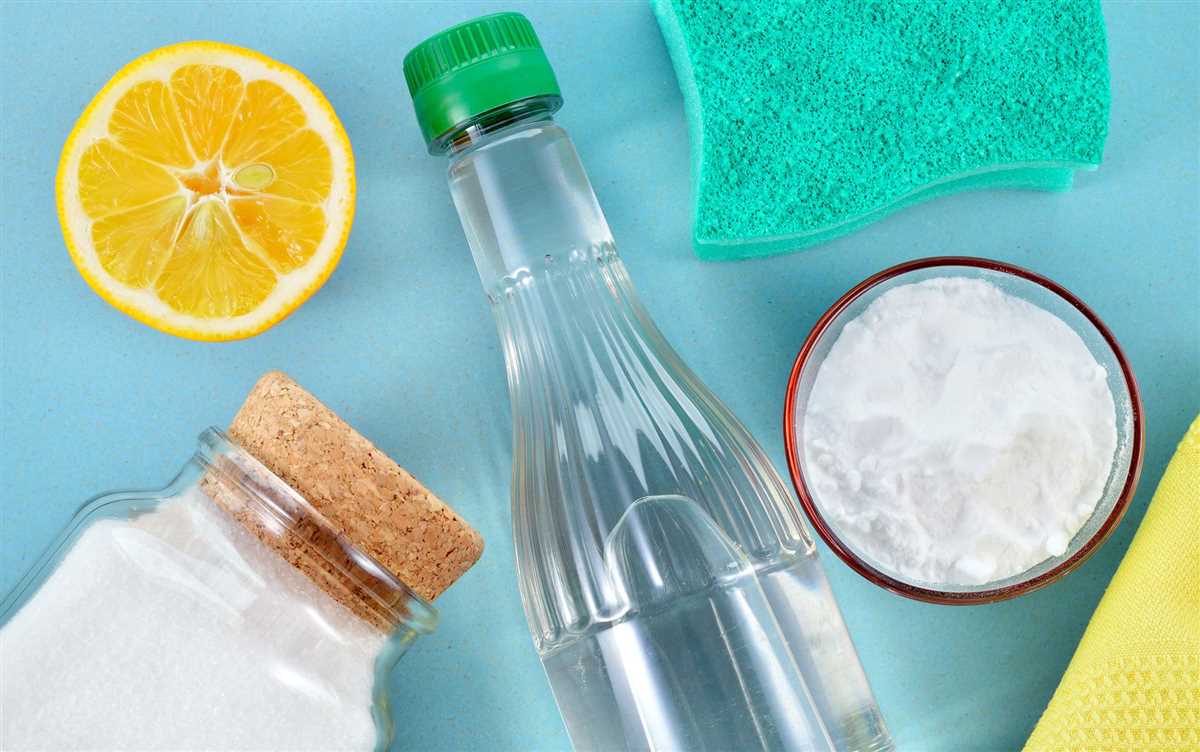
Vinegar is a natural and effective way to kill bacteria on clothes. It contains acetic acid, which has antimicrobial properties. Here are some tips on how to use vinegar to kill bacteria on clothes:
- Pre-wash treatment: Before washing your clothes, you can use vinegar as a pre-wash treatment to kill bacteria. Dilute one part vinegar with two parts water and apply the solution directly to the stain or affected area of the clothes. Let it sit for about 10-15 minutes before washing as usual.
- Add vinegar to the laundry: Another way to use vinegar is by adding it directly to the laundry cycle. Simply pour half a cup of vinegar into the detergent dispenser or directly into the drum of the washing machine. This will help kill bacteria during the wash cycle.
- Soak clothes in vinegar: For heavily soiled or odorous clothes, you can soak them in a mixture of vinegar and water before washing. Fill a basin or sink with water and add half a cup of vinegar. Let the clothes soak for 30 minutes to an hour, then wash as usual.
Note: It’s important to note that vinegar is not a disinfectant or a substitute for proper laundry detergent. It can help kill bacteria and remove odors, but for heavily soiled or contaminated items, it’s recommended to use a detergent that is specifically designed to kill bacteria and sanitize clothes.
Also, before using vinegar on colored clothes, it’s advisable to test it on a small, inconspicuous area first to check for any color changes or damage. Some fabrics may react differently to vinegar.
In conclusion, vinegar can be a useful tool in killing bacteria on clothes. It’s a natural and affordable option that can be easily incorporated into your laundry routine. However, for certain situations, such as when dealing with infections or highly contaminated items, it’s best to seek professional advice or use specialized laundry products.
Comparing Vinegar to Other Antibacterial Products
While vinegar has been shown to have some antibacterial properties, it is important to compare it to other commonly used antibacterial products to understand how effective it is in killing bacteria on clothes.
1. Bleach
Bleach is a powerful disinfectant that is commonly used to kill bacteria and germs on clothes. It is particularly effective in killing a wide range of pathogenic microorganisms. However, bleach is also known to be harsh on fabrics and can cause damage or discoloration.
2. Antimicrobial Laundry Detergents
Antimicrobial laundry detergents are specifically formulated to kill bacteria and other microorganisms on clothes. These detergents often contain ingredients such as triclosan or silver nanoparticles, which have known antimicrobial properties. They are generally effective in killing bacteria and preventing their growth on clothes.
3. Vinegar
Vinegar, particularly white vinegar, is a natural disinfectant that has been used for centuries for various cleaning purposes. While vinegar has some antibacterial properties, it is not as potent as bleach or antimicrobial laundry detergents. Vinegar may help to kill some bacteria on clothes, but it may not be as effective against certain strains or species of bacteria.
Additionally, vinegar has a strong smell that may not be appealing to everyone. It is also important to note that vinegar may not be suitable for all types of fabrics, and it is always recommended to check the care instructions on the clothing before using vinegar as a disinfectant.
| Antibacterial Product | Effectiveness | Potential Side Effects |
|---|---|---|
| Bleach | High | Fabric damage, discoloration |
| Antimicrobial Laundry Detergents | High | May contain chemicals, potential allergies |
| Vinegar | Moderate | Strong smell, may not be suitable for all fabrics |
In conclusion, vinegar can be a useful natural alternative for disinfecting clothes, but it may not be as effective as other commonly used antibacterial products on the market. Depending on the specific needs and preferences, individuals may choose to use bleach or antimicrobial laundry detergents for stronger bacteria-killing effects, while considering the potential side effects and fabric compatibility.
FAQ
Can vinegar kill bacteria on clothes?
Yes, vinegar has antibacterial properties that can help kill bacteria on clothes.
How does vinegar kill bacteria on clothes?
Vinegar kills bacteria on clothes by creating an acidic environment that is inhospitable for bacterial growth. The acetic acid in vinegar disrupts the cell membranes of bacteria, leading to their death.
Does vinegar remove odours from clothes?
Yes, vinegar can help remove odours from clothes. Its acidic nature helps to neutralize and eliminate unwanted smells.
Is vinegar a natural alternative to bleach for killing bacteria on clothes?
Yes, vinegar can be considered a natural alternative to bleach for killing bacteria on clothes. While bleach is more powerful at killing bacteria, vinegar can still be effective and is a safer option for those who prefer natural cleaning methods.
Is it safe to use vinegar on all types of fabric?
Vinegar is generally safe to use on most types of fabric. However, it is always recommended to spot test it on a small, inconspicuous area of the fabric first to ensure it doesn’t cause any adverse reactions or damage.
Can vinegar kill bacteria on clothes?
Yes, vinegar can kill some types of bacteria on clothes. It has antimicrobial properties that can help eliminate bacteria and other germs.





